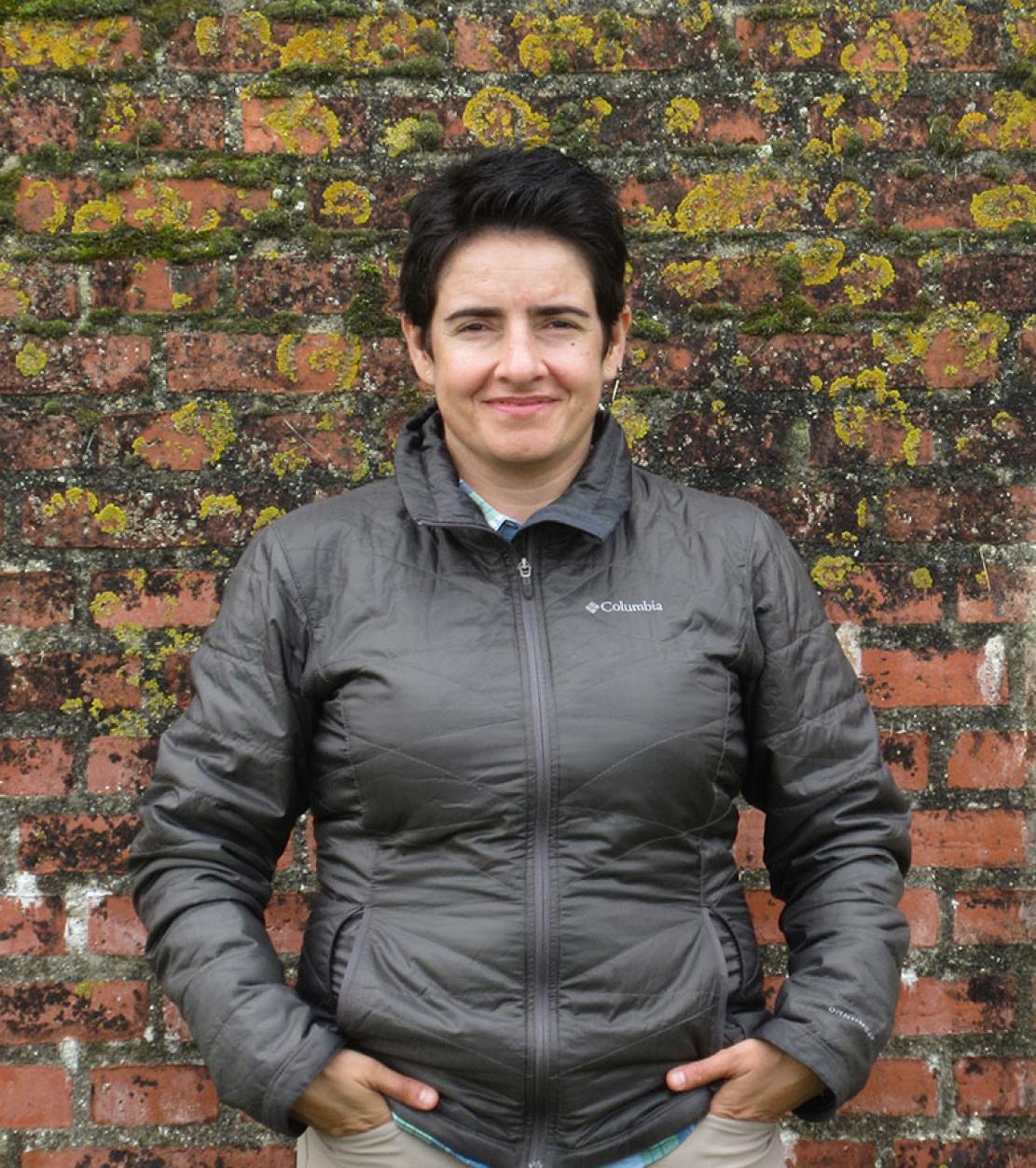
In July 2022, UTSC Anthropology Alum Gloria Pérez-Rivera (class of 2012) will begin her new position as Assistant Professor in the Department of Sociology and Anthropology at Mount Royal University in Calgary. Between the end of her undergraduate degree and the start of her new job, Gloria completed an MA in Medical Anthropology at the University of Toronto (2013), a PhD in Anthropology at Vanderbilt University in Nashville, Tennessee (2021), and held both a Fellowship in Ethnographic Writing with the UTSC Centre for Ethnography (2021) and an SSHRC Postdoctoral Fellowship in Anthropology at UTSC (2021-2022).
In celebrating Gloria’s success, Prof. Christopher Krupa asked her to reflect a little on her time at UTSC and how it prepared her for her present career.
CK: Gloria, I know you started your studies here after fleeing war in Colombia. Can you say a few words about that transition?
GP: I am an immigrant and a refugee, as are many of the students who are part of the student body at UTSC. I started my undergrad as a mature student and as an internationally trained professional, and I found my pathway in Canada through [UTSC’s Anthropology] program. I received a lot of help from faculty that were willing to guide me through the process, supports at UTSC including the writing centre, and the mentorship of individual professors.
CK: And what role do you think your time here at UTSC played in your overall career path?
GP: My first training was as a physician in Colombia. So first of all, when you train as a physician you are part of a specific kind of academic world, and a specific kind of practice. When I came to Canada, I decided to enroll at UTSC to try out a few classes. In my first semester I enrolled in anthropology classes, just because they had always sounded very interesting to me, but I had only had one elective in medical school which I entered right out of high school. One of my first classes was in the anthropology of religion. I found it very difficult, but I had that feeling that there was something in there that was quite incomprehensible but compelling, and that somehow if I put effort into it, it was going to open doors to forms of knowledge that I’d never considered. So then I decided to pursue the undergrad [degree] and do a specialist program in anthropology. As I started to progress in the requirements I saw that anthropology at UTSC was giving me the tools to analyze and understand things from a completely different perspective. And also what I was learning from the professors there was very compelling for me as an immigrant and refugee. For example, formative for me were the courses I took in Anthropology of the State and Anthropology of Violence, as well as a course on race. These opened entire new ways to understand power, and to question the institutions and situations that I had come from. I think that most of what I know about anthropology I learned in my undergraduate at UTSC. Of course, in my MA and PhD I learned how to practice and how to make fancier arguments, but the basis is from UTSC, no question about it. The Centre for Ethnography fellowship that I held over three months when I was writing up the dissertation was a great opportunity. The fellowship was crucial because part of the work that I did during that time was to develop my fellowship talk as a job talk, which I used successfully for my new position at Mount Royal. The support from the Centre and the people there was very important.
CK: What, in a nutshell, is your research about?
GP: My research examines financialization, from the perspective of socio-economically marginalized people and racialized groups as borrowers and narcotrafficking organizations as informal moneylenders. My current book project examines how the forcible displacement of Indigenous and Afro-Colombian people from rural areas to cities through the fifty-plus year Colombian civil war has resulted in the emergence of a financial frontier.
CK: And what’s next? What are your coming projects?
GP: My next project is called Flows of People, Flows of Credit and Debt: Examining Informal Financial Schemes among Latin American Migrants in Canada. This project delves into the innovative legal, and illegal practices in which Latin American migrants to Canada engage to finance their migration project, deal with the costs of settling into a new environment, and find work to pay debt and send money back home. The project focuses on the mechanisms through which migrants with temporary and precarious status in Canada engage in regulated and unregulated work and mobilize both legal and illegal credit to pay debt (e.g., from payday loan services, narcotrafficking organizations, and other moneylenders), while having little access to formal financial institutions. In so doing, it will provide insight into the complex connections between migration, debt, and labour practices, and emergent forms of financial exploitation. I am also going to continue my work with the Socioecologies & Economies of Migration collective, a collective of Latin American-born Canadian researchers, artists, and activists researching Latin American migration to Canada: https://www.latinamericanmigrations.com/
CK: This all sounds very exciting, Gloria. Congratulations again on your well-earned success. We’ll miss having you around UTSC but look forward to reading (and teaching!) your work. Best of luck.